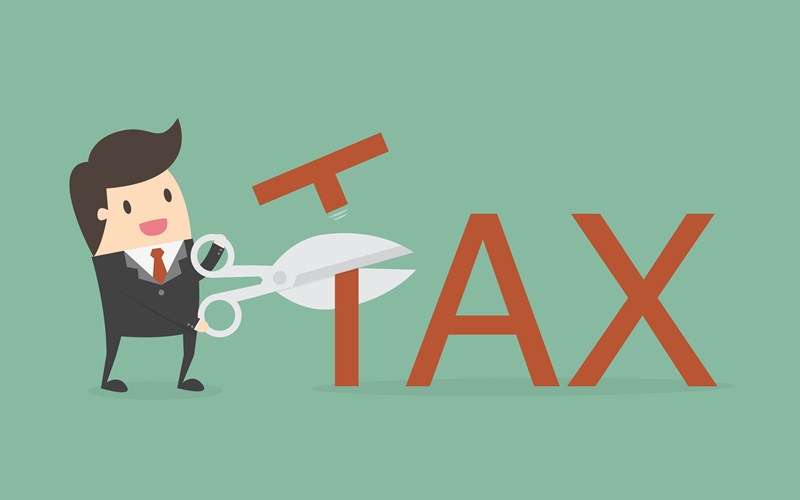The Community Investment Tax Relief (CITR) scheme is designed to encourage investment in accredited Community Development Finance Institutions (CDFIs). The tax relief under the scheme is available to both individuals and companies.
CDFIs may take a range of forms including:
- community loan funds, which make capital available to community regeneration initiatives and businesses;
- micro-finance funds, which make small loans, usually at near-market rates of interest, to the smallest businesses, e.g., sole traders; and
- social banks – profit-seeking financial service providers or subsidiaries, dedicated to social or environmental objectives.
The scheme encourages investment in disadvantaged communities by giving tax relief to investors who back businesses (and other not-for-profit enterprises) in disadvantaged communities by providing additional tax relief. Tax relief of up to 5% per year is available for up to 5 years starting with the year in which the investment is made. This provides for a total tax relief of up to 25% of the invested amount.
It was announced as part of the Spring Budget measures that the amount CDFIs can apply to relevant investments would increase from £250,000 to £375,000 for non-profit organisations and from £100,000 to £250,000 for profit organisations. The enabling legislation came into force on 2 June 2023.
In addition, the amount accredited CDFIs can raise through CITR increased from £10 million to £25 million for retail CDFIs and from £20 million to £100 million for wholesale CDFIs.





